Keywords: Ice
There are more than 200 results, only the first 200 are displayed here.
-
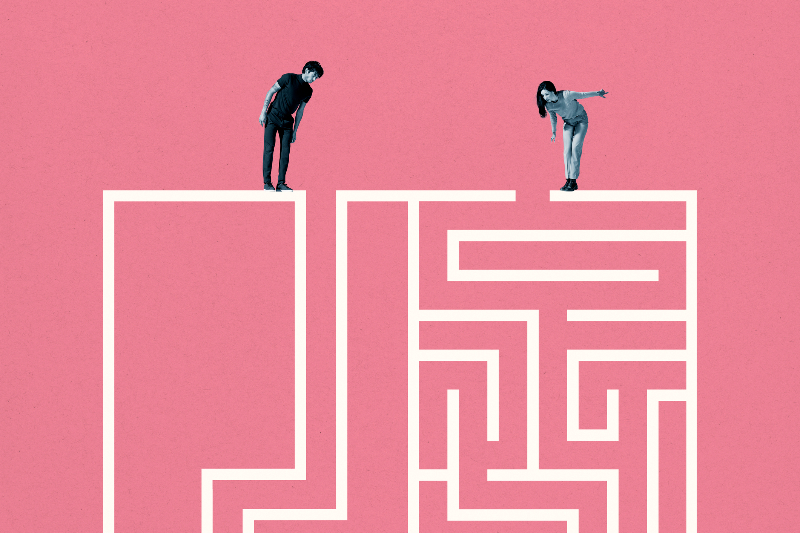
AUSTRALIA
- Sally Cowling
- 14 December 2021
4 Comments
In developing an understanding of place-based disadvantage, shame and stigma are transmitted between generations within the small number of communities we collectively fail. And yet no matter the number of indicators of place-based disadvantage, each community possesses some unique strengths.
READ MORE 
-
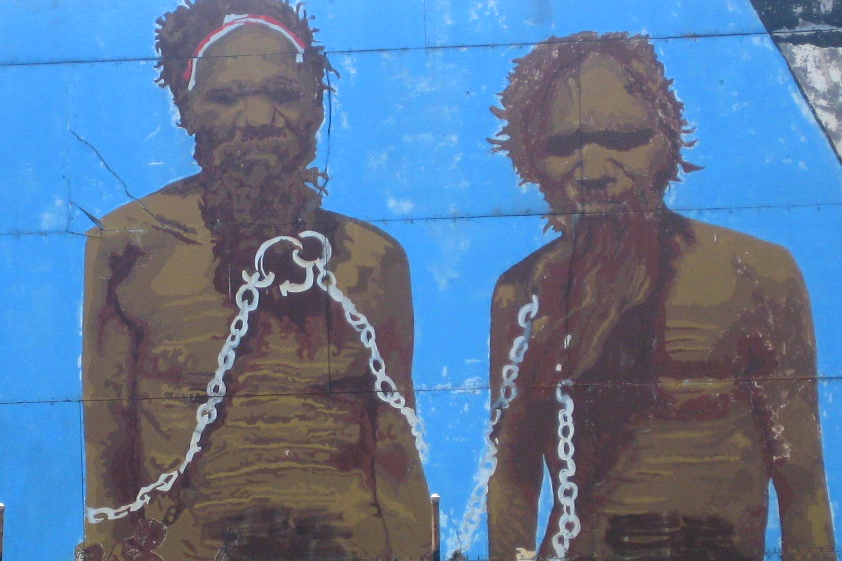
AUSTRALIA
- Brian McCoy
- 14 December 2021
15 Comments
I don’t write to State Premiers very often. However, a month ago I did. It was to the Western Australian Premier, Mark McGowan. It was not about Test cricket, the Juukan Gorge or opening the state’s borders. It was in relation to a photo on the front page of The Australian on the weekend of the 6/7 November showing an Aboriginal man in Western Australia boarding a plane under arrest. He was barefooted and with both a wrist and ankle chain.
READ MORE 
-
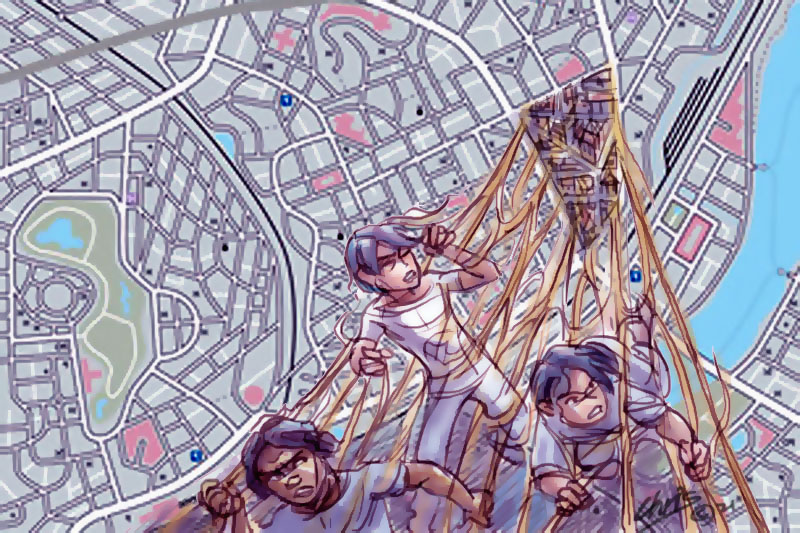
AUSTRALIA
- Ross Homel
- 09 December 2021
2 Comments
A small minority of localities situated outside Greater Brisbane suffer from disproportionately high rates of a wide array of problems including low income, overcrowding, long-term unemployment, particulate matter in the air, no internet, child maltreatment, and youth crime. These different strands of disadvantage pile-up and interlock, countering attempts to break free.
READ MORE 
-
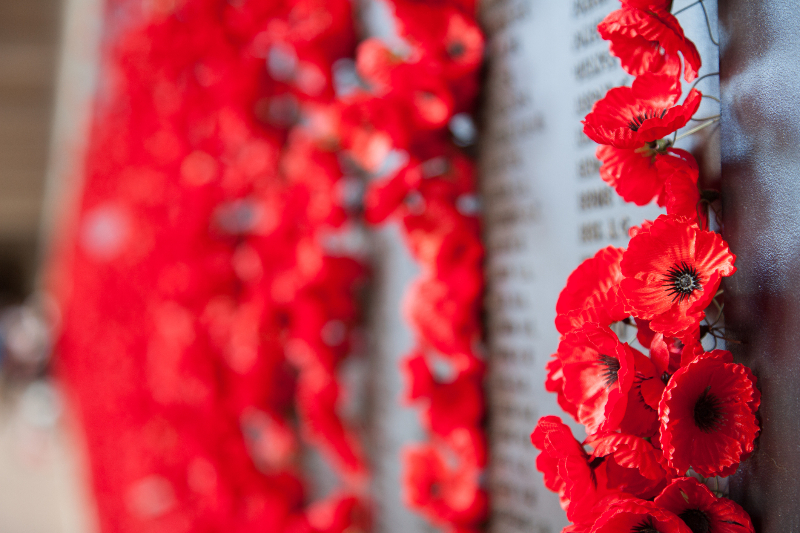
AUSTRALIA
- Andrew Hamilton
- 10 November 2021
13 Comments
Aficionados of United Nations Days and Weeks will know that this is the Week of Science and Peace. In the middle of it, perhaps deliberately and certainly paradoxically, sits Remembrance Day. Initially called Armistice Day, it marked the end of the First World War and of the industrial scale killing involved in it. The events of 1918 and what they might say about the relationship between war and science merit reflection today.
READ MORE 
-
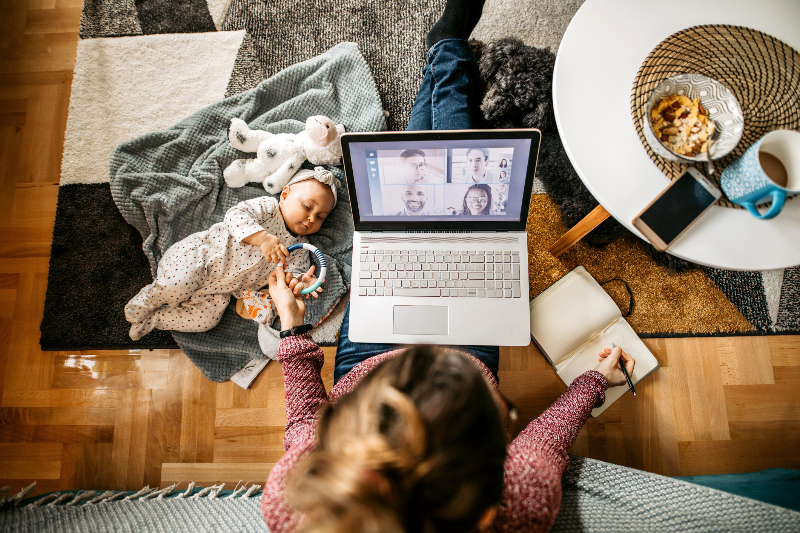
AUSTRALIA
- Tim Dunlop
- 26 October 2021
2 Comments
We are in the midst of what is being called the ‘the Great Resignation’, with millions of workers rethinking the place of work in their lives, and WFH is a huge part of this. According to a report by Microsoft, ‘over 40 per cent of the global workforce [is] considering leaving their employer this year’ and hybrid work — a combination of home and office work — is here to stay.
READ MORE 
-
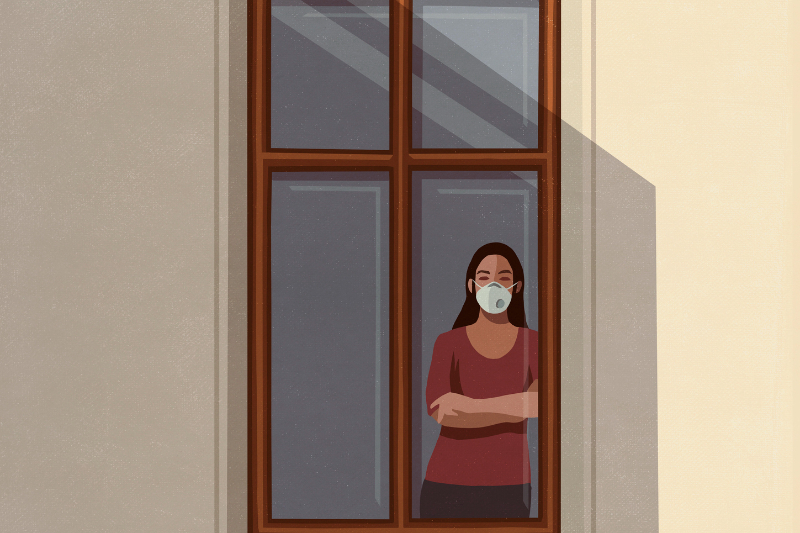
ARTS AND CULTURE
- Jennifer Gribble
- 14 October 2021
8 Comments
Well before the pandemic, the future for poetry’s slim volumes was looking far from healthy. Last November, the threatened closure of UWA Press, one of the largest publishers of poetry in Australia, drew attention to the narrowing opportunities for emerging poets to make their mark.
READ MORE 
-
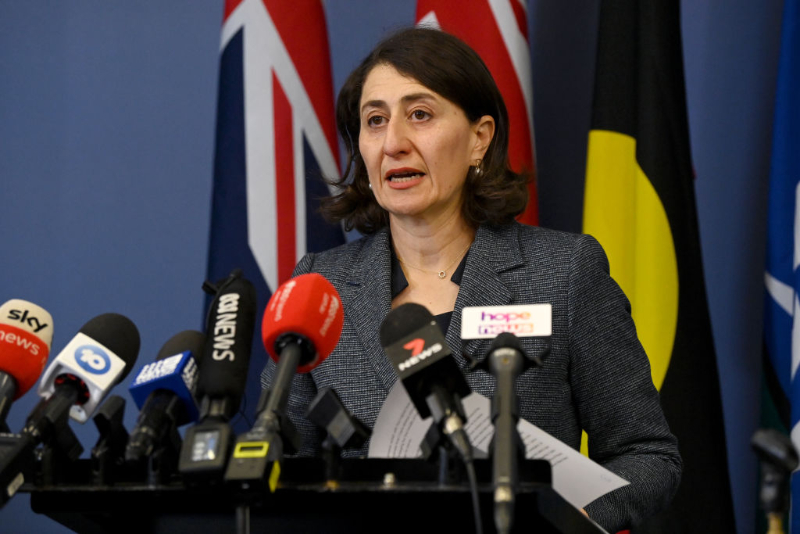
AUSTRALIA
- Andrew Hamilton
- 14 October 2021
16 Comments
During her last year in office Gladys Berejiklian divided people over her response to the Coronavirus. Even her critics, however, praised her decision to resign from office after the Independent Commission Against Corruption (ICAC) announced that it was investigating her conduct.
READ MORE 
-
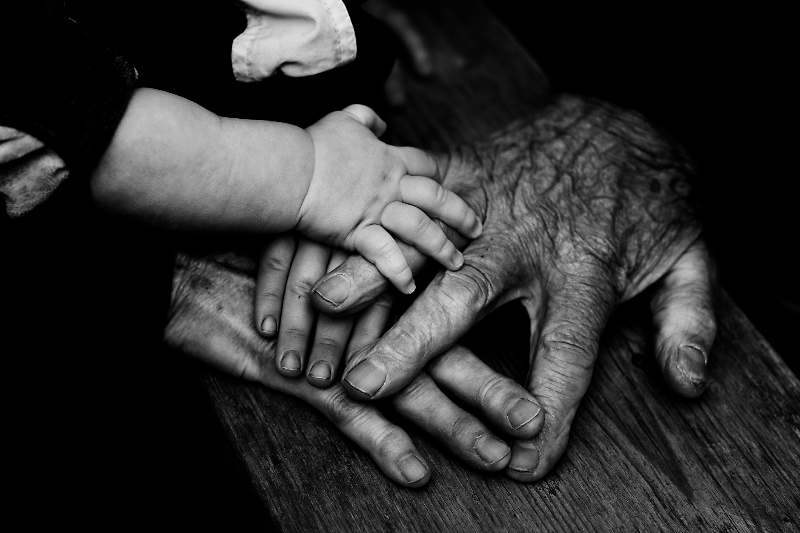
AUSTRALIA
- Andrew Hamilton
- 06 October 2021
40 Comments
Some weeks ago I wrote about the taking of human life and of the loss of its sacred connotations. I argued that the decisive consideration governing recent legislation in such issues as abortion and assisted dying has been the appeal to individual choice, supported by compassion for people who suffer from their denial. Whether we welcome this trend or regret it, as I do, we all have an interest in asking what effect it will have on society. In this article I would like to explore this question in a way that opens rather than closes conversation.
READ MORE 
-
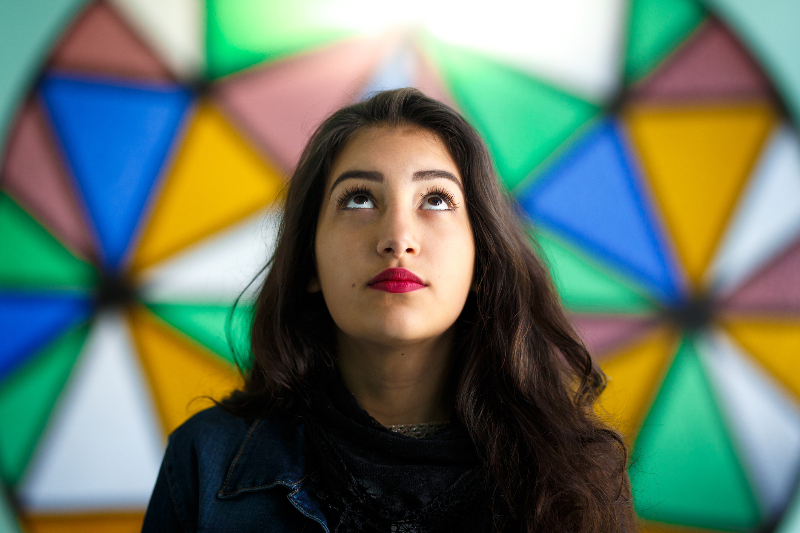
RELIGION
- Tracy McEwan, Patricia Gemmell
- 06 October 2021
15 Comments
Annabel Crabb’s ABC TV documentary series Ms Represented had us gasping, laughing and raging all at once. The series struck an achingly familiar chord as women from different political parties and generations voiced their common experience of sexism and misogyny in Australia’s parliament, elucidating just how hard it is for women to have a voice at the table in Australian institutions of power.
READ MORE 
-
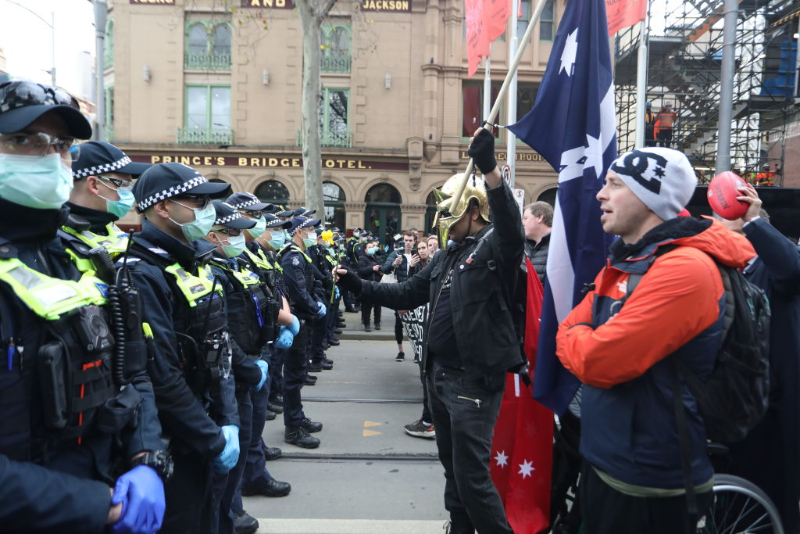
AUSTRALIA
- Julian Butler
- 28 September 2021
9 Comments
Walking down to the local Saturday morning street market, I wasn’t expecting to find myself amidst the beginnings of a violent protest. Seeing some police, I thought they were out and about to ensure the public weren’t taking too many liberties with the slightly eased restrictions that had come into effect for Melbourne the previous night. But half a dozen on each corner of Church St and Bridge Rd in inner-city Richmond suggested something more.
READ MORE 
-

ARTS AND CULTURE
- Michael McGirr
- 20 September 2021
11 Comments
It’s not hard to understand why so many people are watching Ted Lasso (Apple TV), nor why it was nominated for twenty Emmy Awards and won seven. Believe it or not, it is twenty years since The Office first premiered on the BBC. Not since then has a comedy series cut so close to the bone of our cultural needs and anxieties.
READ MORE 
-
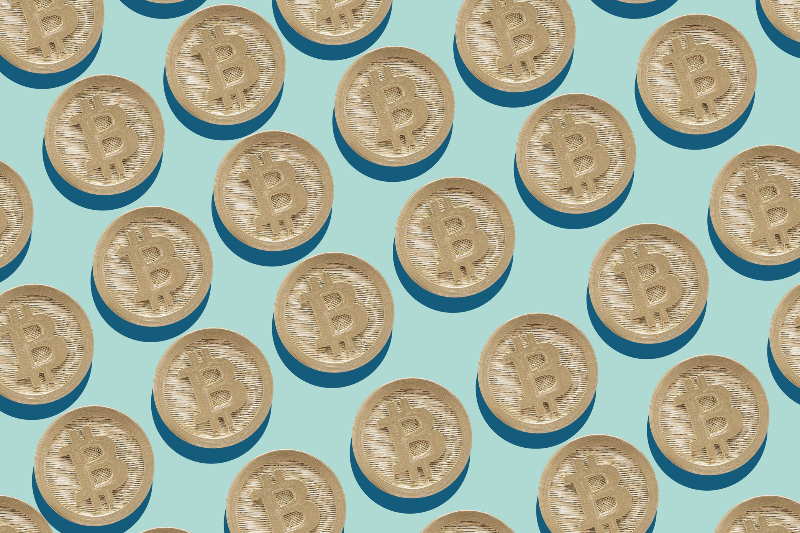
ECONOMICS
- David James
- 07 September 2021
4 Comments
There is a three-way battle looming over the future of money and the stakes could scarcely be higher. Conventional money, mainly debt created by banks — the ‘folding stuff’ is only a tiny proportion of the total — is in trouble. Total global debt is now so large relative to the world economy it cannot be serviced, which is why monetary authorities have resorted to dropping interest rates. When they almost hit zero, the next step was quantitative easing (QE): printing money by getting the central bank to buy back government and corporate bonds and putting them on its ‘balance sheet’.
READ MORE 